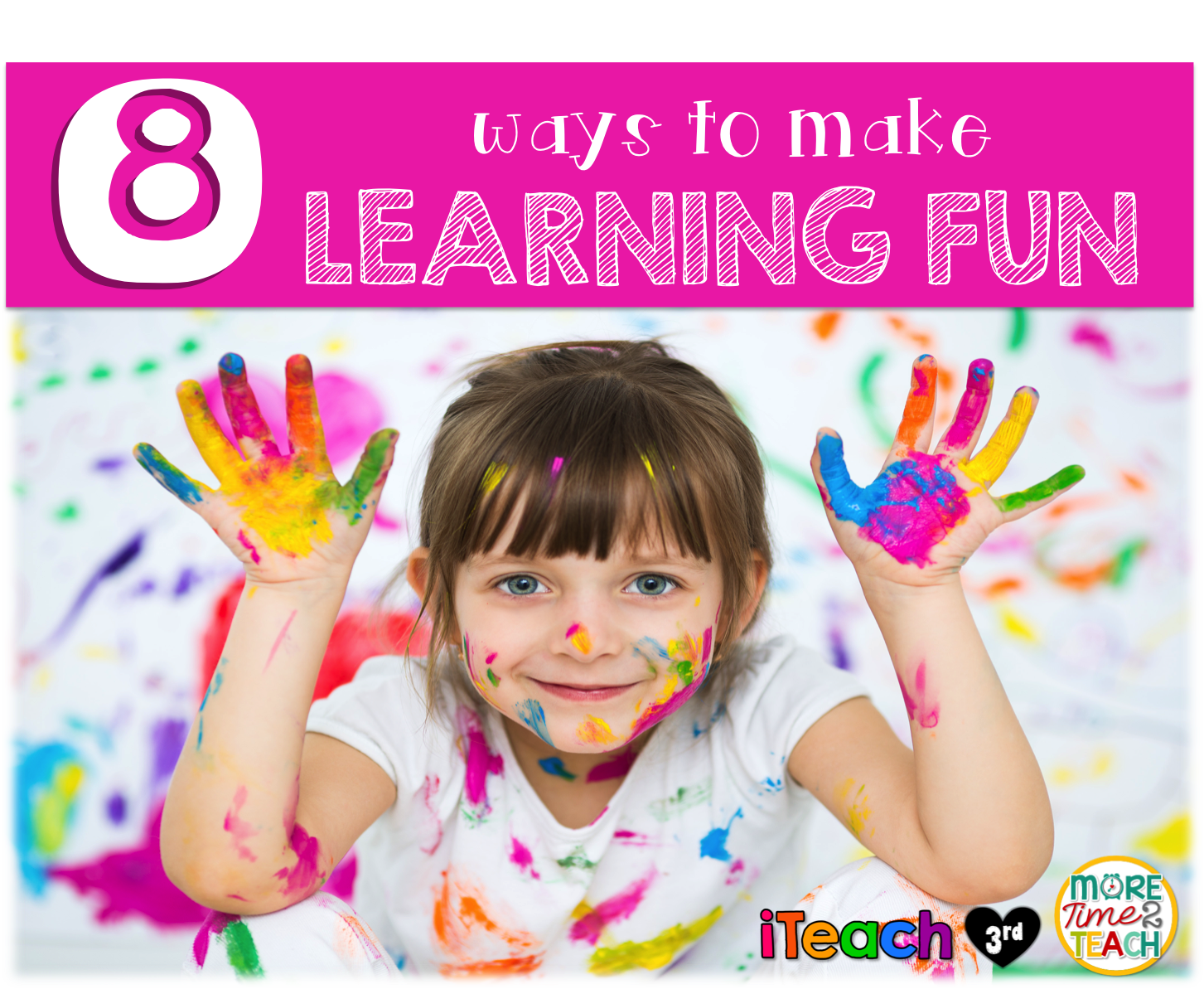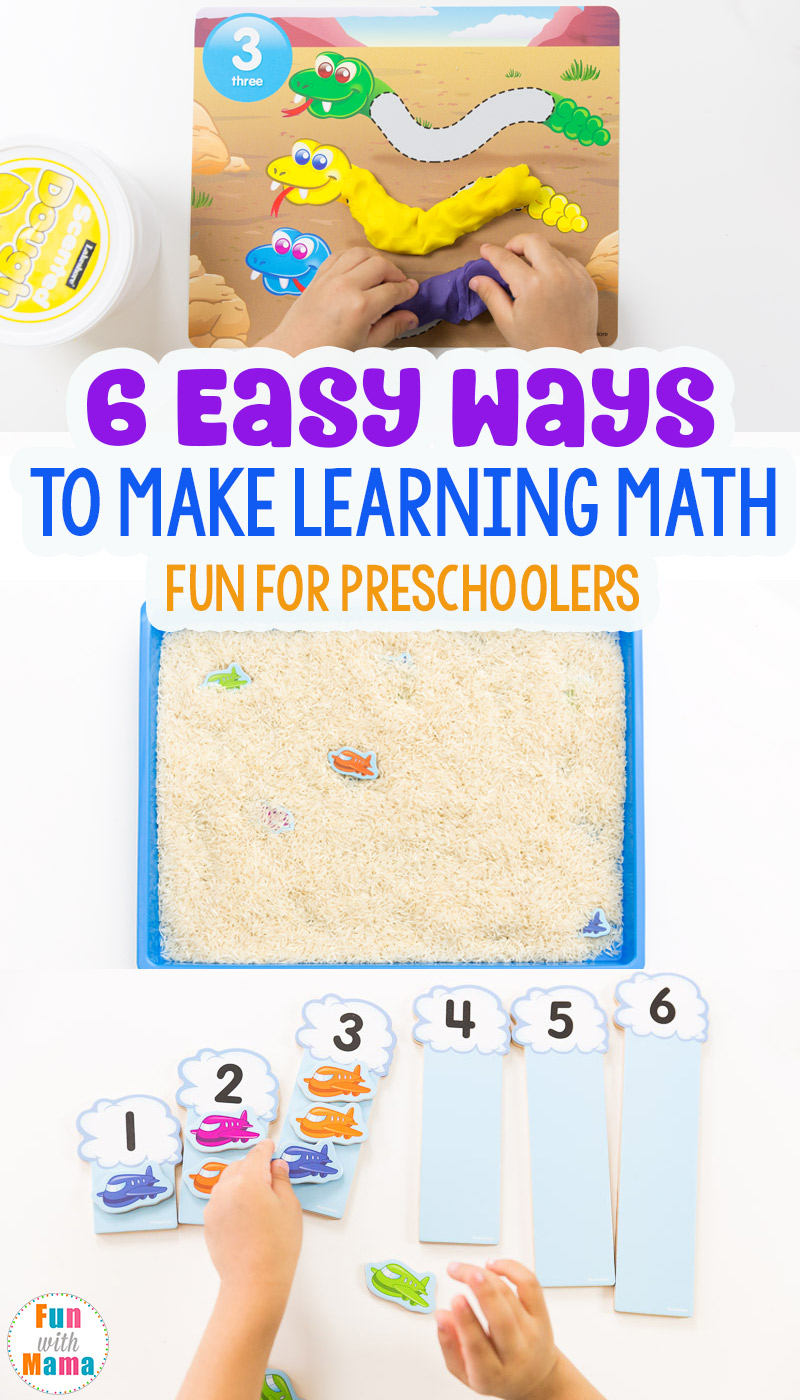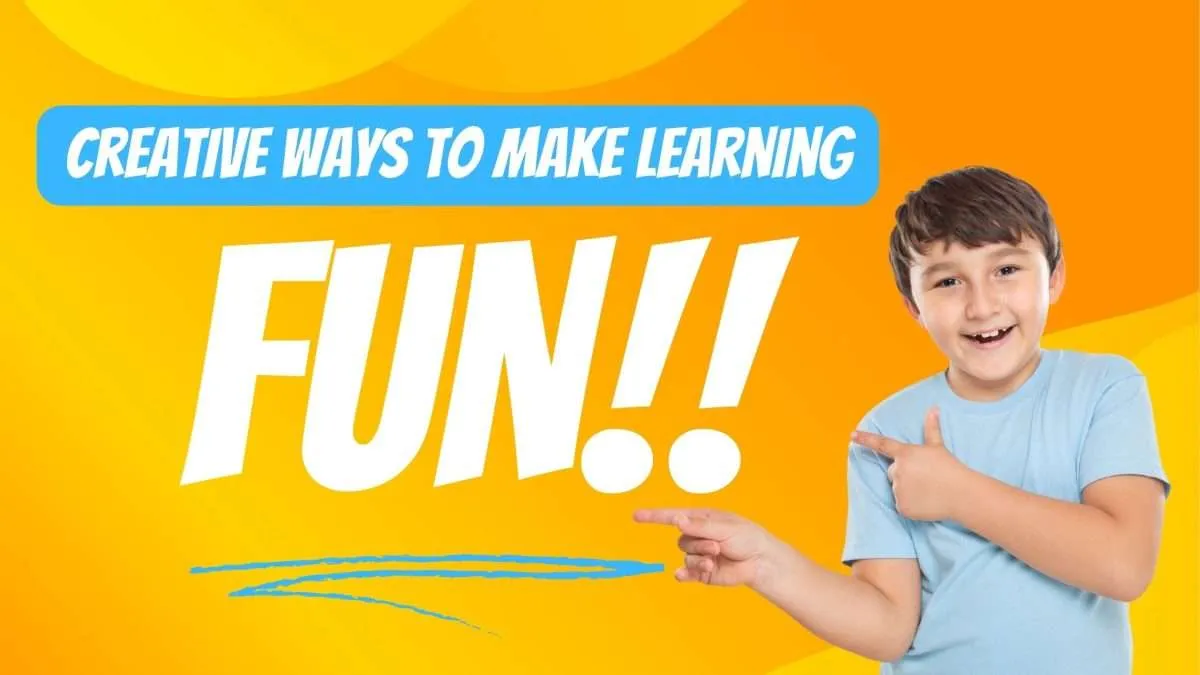Hey there! So, you’re looking to dive deep into making learning a blast for those little bundles of energy, toddlers, and want a super thorough, text-rich article for the Google bots. Got it! Let’s make learning so fun, they won’t even realize they’re soaking up knowledge.
Making Learning a Playground for Toddlers
Toddlerhood is this amazing whirlwind of discovery. Everything is new, exciting, and just begging to be touched, tasted (sometimes!), and explored. As grown-ups, we have this awesome opportunity to tap into that natural curiosity and turn everyday moments into little learning adventures. Forget boring flashcards and forced lessons – we’re talking about weaving learning into the fabric of their play.
Embrace the Power of Play

Seriously, play is the superhero of toddler learning. It’s not just about giggles and wiggles (though those are definitely important!). Through play, toddlers develop crucial skills like problem-solving, creativity, social skills, and even language.
Turn Everyday Activities into Learning Opportunities
You don’t need fancy toys or complicated setups to make learning fun. Look around your house – it’s a treasure trove of learning possibilities!
Kitchen Capers

The kitchen can be an amazing learning lab (with careful supervision, of course!).
Counting fun
Let them help you count out fruits for a snack (“One apple, two bananas!”).
Shape sorting

Point out different shapes of plates, bowls, and even food (“Look, this cracker is a square!”).
Sensory exploration
Let them feel the texture of different ingredients (dry pasta, flour – just be prepared for a little mess!).
Story Time Adventures
Books are magical portals to new worlds and ideas.
Make it interactive
Use funny voices, point to pictures, and ask simple questions (“Where’s the doggy?”).
Act it out
Encourage them to mimic the actions in the story (“Let’s roar like the lion!”).
Repetition is key
Toddlers often love hearing the same stories over and over, which helps with language development and memory.
Outdoor Explorations
Nature is the ultimate classroom!
Sensory walks
Point out different textures (smooth leaves, rough bark), colors, and sounds.
Bug hunts
Look for insects and talk about them (without necessarily touching!).
Nature art
Collect leaves, sticks, and stones to create simple art projects.
Music and Movement Mania
Toddlers are naturally drawn to rhythm and movement.
Sing-alongs
Put on some fun, simple songs and dance together.
Instrument play
Even banging on pots and pans can be a musical exploration!
Action songs
Songs that involve actions (like “Head, Shoulders, Knees, and Toes”) help with body awareness and following directions.
Artful Adventures
Unleash their inner artist!
Finger painting
A classic for a reason – it’s a fantastic sensory experience.
Scribbling and drawing
Provide large paper and chunky crayons or washable markers. Focus on the process, not the perfect picture.
Simple crafts
Try gluing pasta shapes onto paper or making collages with different materials.
Building Blocks of Learning
Building toys are fantastic for developing spatial reasoning and problem-solving skills.
Stacking and sorting
Simple blocks can be used for stacking towers, sorting by color, or creating patterns.
Imaginative play
Encourage them to build houses for their toys or create imaginary structures.
Problem-solving
Present simple challenges (“Can you build a tower as tall as your knee?”).
The Power of Pretend Play
Pretend play is where imaginations soar and so does learning.
Dress-up fun
Provide simple costumes or props and let their imaginations run wild.
Role-playing
Encourage them to act out everyday scenarios like playing house or going to the doctor.
Small world play
Create miniature worlds with toy animals, cars, or dolls.
Language-Rich Environment
Surrounding toddlers with language is crucial for their development.
Talk, talk, talk
Narrate what you’re doing, point out objects, and describe things.
Ask open-ended questions
Instead of “What’s this?”, try “Tell me about this.”
Introduce new words
Don’t be afraid to use slightly more complex vocabulary – they’ll often pick it up.
Patience and Positive Reinforcement
Toddlers learn at their own pace, and mistakes are part of the process.
Be patient
Offer encouragement and support, even when things get messy or frustrating.
Celebrate efforts
Praise their attempts and achievements, no matter how small.
Make it a positive experience
Learning should be associated with joy and fun.
Tailor to Their Interests
What makes one toddler giggle with delight might not excite another. Pay attention to their individual interests and try to incorporate those into learning activities. If they love cars, count toy cars or talk about the different parts of a car. If they’re fascinated by animals, read books about animals or make animal sounds together.
Keep it Short and Sweet
Toddlers have short attention spans, so keep learning activities relatively brief and engaging. It’s better to have several short, fun learning bursts throughout the day than one long, drawn-out session. Observe their cues – if they’re losing interest, switch to something else.
Repetition and Routine
While variety is important, toddlers also thrive on routine and repetition. Repeating songs, stories, or simple activities helps them learn and build confidence. Predictability can be comforting and create a sense of security, which is conducive to learning.
Involve All the Senses
Toddlers learn best through hands-on experiences that engage multiple senses. Let them touch, feel, smell, and even (safely) taste and listen. Sensory play is not just fun; it’s crucial for brain development. Think about playing with textured materials like playdough, water, or sand, or exploring different scents like vanilla or cinnamon.
Learning Through Mistakes
It’s important to create an environment where making mistakes is seen as a part of learning, not a failure. When a tower of blocks tumbles down, talk about why it might have happened and encourage them to try again. This helps them develop resilience and problem-solving skills.
Model Curiosity
Toddlers are little sponges, and they often mimic the behavior of the adults around them. Show your own curiosity about the world. Ask questions, explore new things, and let them see you learning. Your enthusiasm for learning can be contagious!
Safety First, Always
While encouraging exploration, always prioritize safety. Supervise toddlers closely during learning activities, especially those involving small objects or potential hazards. Make sure the environment is safe and age-appropriate.
Remember the Fun Factor
The most important ingredient in making learning fun for toddlers is, well, fun! Keep it lighthearted, playful, and enjoyable for both you and your little one. When learning is associated with positive emotions, it becomes something they look forward to, laying a strong foundation for a lifelong love of learning.
Conclusion
Turning everyday moments into learning adventures for toddlers isn’t about becoming a full-time teacher. It’s about embracing their natural curiosity, weaving learning into their play, and creating a supportive and stimulating environment. By focusing on fun, exploration, and sensory experiences, you can help your little one develop a love for learning that will last a lifetime. So go ahead, get silly, get messy, and most importantly, have fun learning together!
Frequently Asked Questions
How do I keep my toddler engaged during longer learning activities?
Break down longer activities into smaller, more manageable chunks. Offer choices within the activity to give them a sense of control. Change up the pace and incorporate movement or songs to re-energize them. Most importantly, be flexible and follow their lead – if they’re losing interest, it’s okay to switch to something else.
What are some simple ways to encourage language development at home?
Talk to your toddler constantly, even if it feels like they’re not understanding everything. Read to them daily, pointing out pictures and naming objects. Sing simple songs and rhymes. Respond to their attempts to communicate, even if it’s just babbling or pointing. Introduce new words in context and repeat them often.
My toddler seems more interested in playing than “learning.” Is that okay?
Absolutely! For toddlers, play is learning. It’s through play that they develop essential cognitive, social, emotional, and physical skills. Embrace their playfulness and look for opportunities to weave in learning concepts naturally within their games.
How much structured learning should a toddler have each day?
Toddlers don’t need a lot of formal, structured learning. Focus on incorporating learning into their daily routines and play. Short, engaging bursts of focused activity are more effective than long lessons. The emphasis should be on exploration, discovery, and fun, rather than achieving specific academic milestones.
What if my toddler isn’t interested in a particular learning activity?
Don’t force it! Every child has different interests and learning styles. Try offering a variety of activities and see what sparks their curiosity. You can also try presenting the activity in a different way or at a different time. If they consistently show no interest, it’s okay to move on to something else and revisit it later.
how to make learning fun for toddlers
